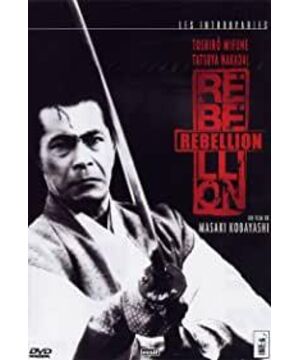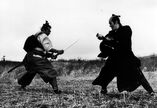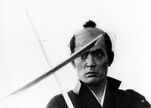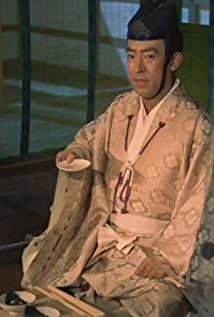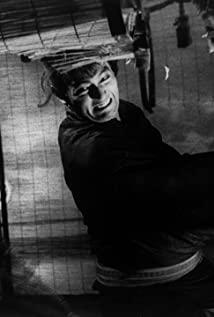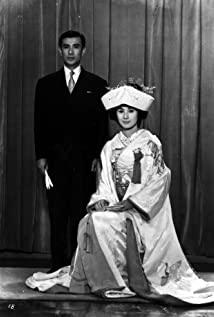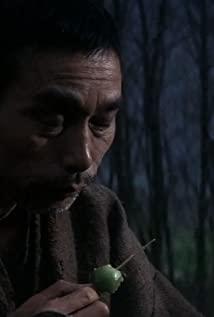As the head of the family, Yogoro and Aichi lived happily for two years. On the eve of the Imperial Column Festival in the second year, the daimyo changed his hexagram and was sent back to Ashi. In an instant, Isaburo's boss, the castle lord, his wife and second son were all opposed to him; no, it was Yugoro rather than Isaburo. The retired Isaburo respected all the decisions of Yugoro as the head of the family, and Yugoro said Nothing will be separated from his wife, not to mention they have a child. Therefore, Isaburo's boss, the city lord, his wife and second son have become "villains". How should Isaburo treat them?
The core of the entire film revolves around the ethical issues under a feudal system, where personal happiness is hard-won and leaves quickly. In the last festival, the murderous dullness before the final battle began, the waiting in the shrine festival with the sound of drums, and the final confrontation before the war, both sides are trying to solve this sudden and complex ethical issue. game, negotiation. It was this problem that was finally imposed on Aichi, which made her unable to choose and chose to destroy for a while, detonating Isaburo's murderous aura.
The tragic ending of Isaburo can already be seen in the hexagram. Because Isaburo adopted the attitude of "far from the villain, not evil and strict" at the beginning, Yugoro was able to act arbitrarily at the beginning of the line. When he supported his son, it had already changed to 62, "Holding and using scalpers, solid ambition." So it triggered Ashi's death. At this time, from ninety-three to ninety-five, Isaburo did not act according to the hexagram of escape, so when the line changed, the six lines were all yin, and the hexagram was changed to kun. The city's Kunde is responding.
Before the decisive battle with Zheng Jian, his behavior of wanting to go to Edo and the rules and regulations of all the pictures imply the strict hierarchy of Japanese society: when personal happiness is violated, there is no way to solve it without going through a higher feudal lord. And Isaburo's death in battle is a metaphor that even if he broke through the traditional local feudal forces by himself, he would not be tolerated by such a typical society in the end. In a word, individual heroism is despised by such a traditional East Asian society. The problem of the system is long and cannot be solved overnight by a single person through an unfortunate opportunity. Sometimes it can last for hundreds of years, or even due to major threats from external forces. will be forced to change.
View more about Samurai Rebellion reviews


